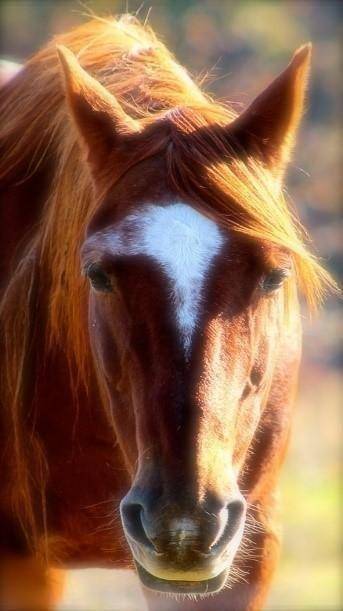By Emery and Carbon Animal Health
With the winter months behind us and summer approaching, that means one thing in the equine world: time to get back in shape! We at Emery and Carbon Animal Health are here to make sure your horse is in the best health possible. We understand that you and your horse create a unique team in any challenge, competition or simple leisure activity the two of you face. It is a bond unlike any other and should never be compromised due to preventable practices not being performed. We can help by preforming an equine annual exam.
The following five things should be checked and covered annually through an equine health exam:
- Vaccinations
- EWT/WN (Annual/Spring) – This is a four-way vaccination, which combines multiple vaccinations in a single injection. This vaccinates against Eastern and Western Encephalitis, Tetanus and West Nile Virus. Eastern and Western Encephalitis and West Nile are all carried and spread by mosquitos. They all three also have similar symptoms, resulting in inflammation of the brain and/or spinal cord and neurological symptoms. Tetanus is a bacteria that is carried on most soil and other surfaces. Horses are highly susceptible to tetanus, making this an important vaccination to get for your horse every year.
- Flu/Rhino (Semi Annual – Spring and Fall) – This vaccination is highly recommended for horses that travel and are exposed to other horses frequently. Flu and Rhino are both respiratory diseases that are highly contagious from horse to horse exposure.
- Strangles (Annual – Spring) – Strangles is a disease that causes regional and systemic abscessation of the lymph nodes, which causes a puss discharge from the nose, high fever and cough. It is not life threatening is treated properly and caught in time.
It is important to remember that the immune system takes several days or weeks after vaccinations against infectious diseases to produce enough white blood cells to fight off the infection. So, it is important to vaccinate your horses prior to any exposure with adequate time for your horses system to work properly in fighting these diseases.
- Parasite Control The parasites of greatest concern in horses are large strongyles, small strongyles, roundworms, pinworms, stomach bots and tape worms. Intestinal parasites can cause acute medical problems such as diarrhea and colic. They can greatly impact your horse’s performance and even result in death in severe cases. It is important to choose a proper and effective parasite control program for your horse; we can help you with choosing the most effective parasite control medications.
- Joint Health Support of optimal joint health should be undertaken as a precautionary measure, prior to evidence of damage, through the use of preparations developed to counteract inflammation, reduce cartilage damage and stimulate cartilage repair (especially in active, high performance horses). Well-known joint support compounds include glucosamine, chondroitin and sodium hyaluronate. Keeping joint fluid thick is the first step to keeping joints healthy and strong. Poor joint health is a long-term diagnosis and can possibly lead to euthanizing the horse. After all, what quality of life does a horse have without proper use of his/her legs?
- Dental Health A horse’s teeth change continuously throughout their lifespan. It is important to check your horse’s teeth regularly and call Emery and Carbon Animal Health if at any time your horse is having dental issues. Your horse’s lifespan can possibly be prolonged with proper dental care and, at times, proper teeth floating. Horses are grazing animals and their teeth are properly adapted for that purpose. If they cannot break down their food properly, this can lead to colic, blockages, weight loss, low performance and excessive pain. The staff at Emery and Carbon Animal Health have the tools and proper education in preforming effective teeth floating.
- Diet and Exercise When traveling with your companion it is, at times, vital to be sure they do NOT share a common water resource with other horses. Diseases and parasites can be passed through shared water troughs. Bring your own bucket and do not allow others to share yours and sterilize properly after each use.
Depending on your horse’s age and activity, diet requirements may differ. Of all the components of your horse’s diet, protein is probably the most important, key nutrient that must be provided in the diets of horses of all ages. In fact, protein makes up 15% of the total body mass with the muscle containing the majority of this percentage. During your horse’s annual health exam, we can discuss with you what may or may not be effective diet changes for each individual horse.
Exercise is a must for your equine pal’s overall health. A daily workout benefits your horse by increasing stamina and endurance as well as improving functioning of heart and lungs. It also tones and improves functioning of muscles, tendons and ligaments. In turn, obesity can lead to many health problems and can turn into a fatal outcome.

